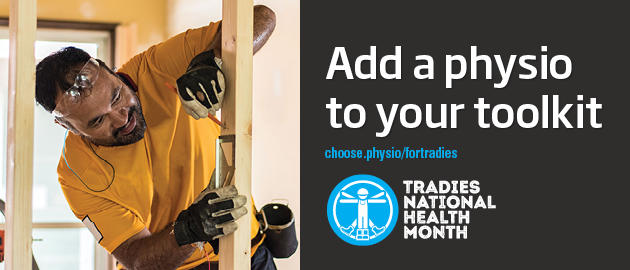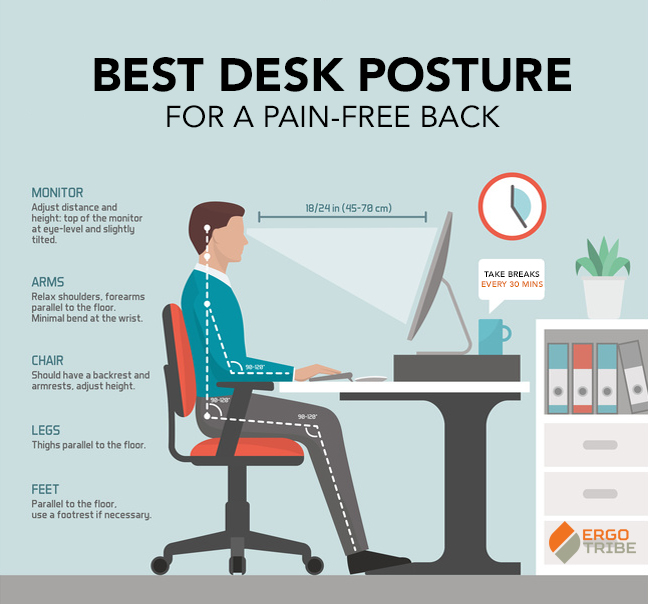With the Sydney City to Surf just under 3 weeks away, are you only now realising you’re not feeling quite as prepared as you would like. That perfect 12 week training program that you promised yourself you would do this year never happened. For some, the regret is real.
But now is not the time to psyche yourself out, look at the
positive, you still have 3 weeks to prepare, as long as you know how to train
smart. Keep reading, and we will share some tips from training, wearing the
right gear and fuelling your body appropriately.
You’ve got 20 days to go!
Training:
If you want to be a better runner, the best thing you can do
is run. Get outside and go for a run! Try a running app like ‘Couch to 5km’ or
the ‘Nike Run Club’ app if you need some ideas or a program to help you get
prepared. Start slowly, first aim for
2km and make sure you give yourself a rest day in between and then maybe aim
for 4km. Before race day on August 11, you should look to have completed at
least four longer runs in preparation.
If running continuously is difficult due to time or ability,
start with some interval training. Work on 30 seconds running, and 1 or 2
minutes of walking…whatever works for your level of fitness. Slowly build up
the length of time you are running, and reduce the rest time between.
REST! This is so important even when you feel like you don’t have time. The body needs rest to allow the muscles to get stronger after running. Give yourself at least 1 day between runs, maybe even 2 depending on how you feel. And ensure you have 3 days off before race day. Not giving your body time to rest will only increase your risk of injury. Make sure you get a good nights sleep before race day too.
Gear
Use your training runs to work out what gear is best for your body. Do you like your leggings to fit tight around your waist, or are shorts more comfortable? You don’t want to regret wearing those brand new clothes that you’ve never tried before. Shoes…most of us know how important the right pair of shoes is. The right footwear will work with your natural biomechanics, boost running efficiency and ensure comfort and support, but most importantly, reduce your risk of injury. Pace Athletic are a great place to go with knowledgeable staff who can help find the best footwear for you. But don’t want too long to get this organised, as wearing in new shoes is crucial before race day.
Nutrition/Hydration
Fuelling the body before running is so beneficial to your performance, and again use your running training to try different foods and find out what works best for you. Everyone is different and what works for one person, may not work for you. Try to avoid the ‘carb-load’ too much on race day and the night before and instead choose your whole fruits and vegetables. These sources are much easier to digest and will keep you going for longer.
Finally hydration is so important. Focus on being fully hydrated in the few days leading up to the race and then on race day, sip as you go. Whatever you do, don’t scull a litre of water before you run, the only place you’ll be running is to the bathroom.
HAVE FUN!
Most importantly regardless of where you are in your preparations, make sure you HAVE FUN. The Sydney City to Surf offers some of the best of Sydney, with fantastic views, music and after all it is called a ‘fun run’. You are surrounded by thousands of people all giving it their best shot, so take inspiration from the people, enjoy the music and keep smiling…. all the way up heartbreak hill and over the finish line at Bondi Beach.
Click here to read more about preparing for Sydney City to Surf on the day.






